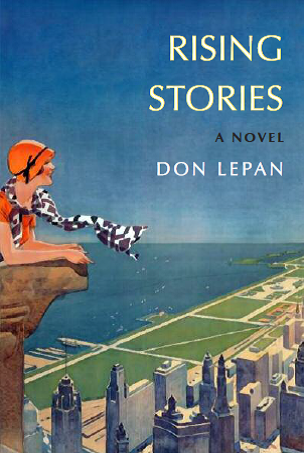There have long been three sets of good reasons for people to refrain from eating factory-farmed animal products (and, ideally, from eating meat or dairy altogether). Now there is a fourth.
The set of reasons that Animals emphasizes is the one with the longest pedigree; from Pythagoras to Percy Shelley to Peter Singer, Paul McCartney and k.d. lang, there have been well-known figures putting forward the case for treating our fellow creatures with kindness rather than cruelty.
For decades now there have also been two other arguments. The environmental arguments are overwhelmingly strong. When humans eat animals rather than plants we consume far more of the earth’s resources (the land devoted to growing feed for the animals, the water required to irrigate the land, the energy required at every stage of the process); when “intensive” rather than organic methods are used, the damage becomes far worse.
The third set of reasons concerns human health. In the early nineteenth century Lewis Gompertz called on humanity to give up eating animal products–even though he was convinced this would not be good for our health, he felt the moral imperative of refraining from cruelty to other animals trumped whatever concerns we might have over the loss of nutrients in our own diets. Today we may admire Gompertz’s ethical courage, but we know that he was wrong about human health. Study after study after study has shown the health benefits to humans of adopting a diet without animal products. All else being equal, the less you eat animal products the less likely you are to get cancer, stroke, diabetes, heart disease—that’s just the beginning of a long list. (According to some studies, certain sorts of vegan diet can even reverse the effects of some heart disease.) Yes, there are still many in denial about those studies—and many interested parties in the meat and dairy industries would prefer you didn’t know about them, and try to discredit them. But that’s becoming harder and harder to do; the simple fact seems to be that you’ll be healthier if you eat other animals less often, and in smaller portions—and healthier still if you stop eating other animals entirely. (If you'd like more information on this side of things, www.nutritionfacts.org is a good place to start.)
The fourth reason? Human happiness. A substantial and growing body of research over the past ten years or so has found an inverse correlation between the degree to which humans consume other animals and the degree to which they are happy. To some extent, of course, one would expect that to be the case, since healthy people tend to be happy people. But much more than that seems to be involved; it’s also a matter of the chemical activity in the brain. In a series of studies in recent years, scientists have concluded that the consumption of various animal products promotes inflammation of the brain; that, in the other direction, a healthy* vegan diet helps to release chemicals that improve the human mood; and that, in general, those who do not consume animal products tend to report being in a better mood than those who do (to an extent that other variables are insufficient to explain). If you’d like to check out some of the research, I’d recommend starting with this article: “Restriction of meat, fish, and poultry in omnivores improves mood: A pilot randomized controlled trial” by Bonnie L. Beezhold (Benedictine University) and Carol S. Johnston (Arizona State University), Nutrition Journal, 2012 11:9. In their references Beezhold and Johnston point the way to much of the other relevant research.
It may not speak particularly well of our species if humans who consume other animals are deaf to the arguments regarding cruelty to those animals but responsive to appeals to self-interest—whether based on human health or human happiness. Nonetheless, it if the suffering of pigs and cows and birds and the others is reduced through the operation of human self-interest, that will be no bad thing.
*One should emphasize the qualifier “healthy”; all bets are off for those subsisting on French fries and vegan chocolate chip cookies.
Tuesday, March 4, 2014
Subscribe to:
Posts (Atom)




